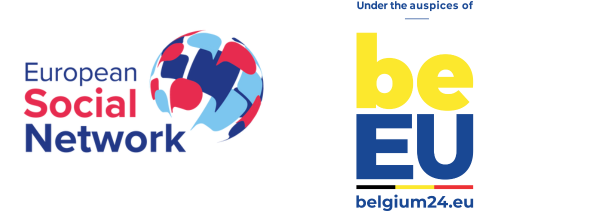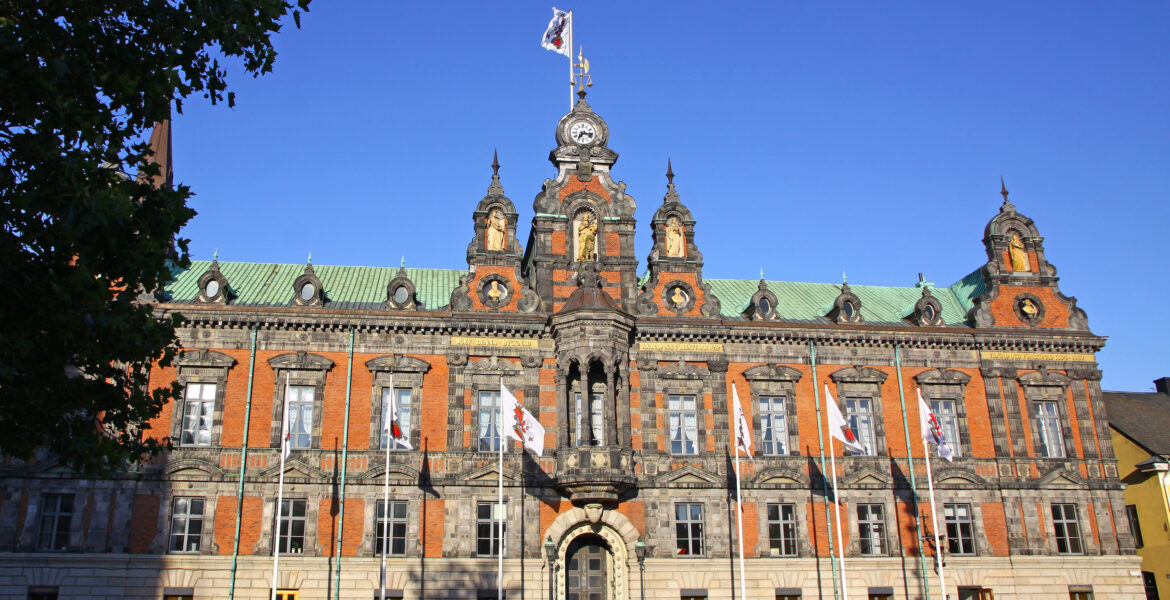Roko Kursar, First Deputy Mayor, City of Malmö
Sedat Arif, Deputy Mayor responsible for labour market and social services, City of Malmö
Anders Rubin, Deputy Mayor responsible for elderly care and personnel policy, City of Malmö
The 2023 European Social Services Conference is edging closer, and the City of Malmö is eagerly looking forward to welcoming over 600 delegates from Europe and beyond and the opportunity to discuss and share experiences on how they are using technology to help improve the delivery of social services and promote autonomy and social inclusion. To be able to discuss these pressing issues together with people from different countries and organisations, as well as policymakers and academics gives us unique possibilities to learn from each other, and evolve together.
Malmö welcomes you to a city that in the past few years has made a vast effort to get a coherent governance of its social care. The municipality of Malmö went from having smaller city districts with responsibility for social care in their respective parts of the city, to implementing three city-wide political committees; one responsible for social services, one responsible for the support to disabled people , and one for care for elderly people. The committees are taking a city-wide approach to developing a social welfare system that is present when needed by the people of Malmö , that is a good and stimulating workplace for the employees, and contributes to making Malmö an inclusive and sustainable city.
The shift has meant that we have been able to work for a more equal social welfare system whilst reaping the benefits of being a larger organisation, as for example when the Covid-19 pandemic hit. The city’s welfare could at the time quickly reorganise itself and face the challenges of the pandemic. The same was true when Russia launched its full-scale invasion of Ukraine and people were forced to flee. Malmö could quickly readjust to receive the refugees who came and give them the best possible welcome under the circumstances.
One of the great challenges that parts of the world face, including both the city of Malmö and Sweden as a whole, is an ageing population where fewer people are in the workforce. This will affect the social welfare sector to a large extent, partly because it is labour intensive, and partly because those that need support are expected to grow exponentially. Simply training more people and making it more appealing to work in the sector will not be enough. It will require thinking in different ways, as well as trying new approaches and methods. Digitalisation will be an important factor, as it is able to provide a more appropriate and expedient service, increase inclusion and make it easier for people to run their errands with the municipality themselves. It will create a better interaction between the municipality and its citizens, as well as improve public service. Digitalisation will also free up time for the personal interactions that is such a bedrock of social work.
Accessibility is a fundamental requirement in an inclusive society, as wall physical, social, and digital accessibility. For many of those in need of support and services digital exclusion remains significant. Therefore , it is important to digitalise with care – we must keep having the individual in focus and not lose track of large groups of people as we move to a more digital world.
The city of Malmö has for a long time worked with improved digitalisation. We would therefore highly recommend you to participate in our session during the Conference which will discuss social work-programmes that have been implemented by Malmö’social services to give our citizens new possibilities of self-service and effective communication through digital apps, chat-services and an open digital journal. Our session will describe a journey from a bureaucracy-focused social welfare system to a sustainable, social model of development with the individual at the centre. You will get to take part of the effects of digital tools and new forms of client-centred social work. It will also highlight how the new digital working model can reduce bureaucracy and give social workers better working conditions, lowered stress and create an environment for better results.
Lastly, we would like to reiterate the value of us being able to meet across national borders and discuss pressing matters together. Welcome to Malmö!

